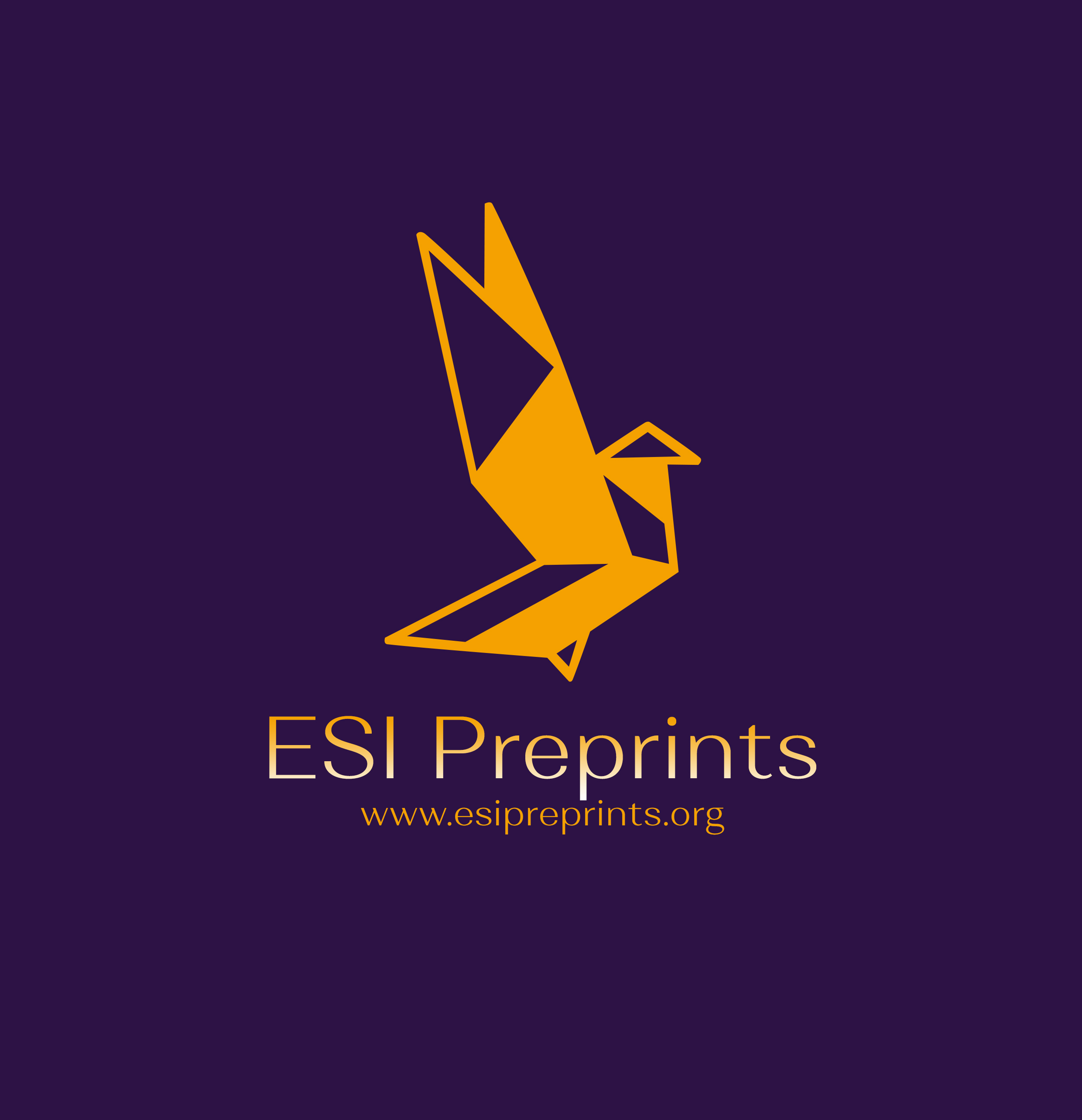E-learning Challenges in the Era of Covid-19: The Georgian Case
Abstract
Digital literacy is an essential skill for learning, living and working, with the Internet remaining a main part of modern life. The Covid-19 pandemic has made the issue of effective use of information and communication tools and acquired digital skills of outmost importance and urgency. During the pandemic, higher education around the world has largely shifted to a distance/online learning format and Georgia's higher education system was no exception. The swift conversion challenged students and educators alike. Method: This descriptive study inquired N=2160 students from 5 top universities in Georgia about the challenges of online education, their learning experience during the pandemic and their recommendations for future opportunities. Results: The 21 items online survey used for data collection produced quantitative and qualitative results from a majority female body of participants. Even though they had no previous online learning experience, the vast majority of students prefer some online format of teaching and learning, as imperfect as it proved to be and quickly implemented during the pandemic. As the university mandates the creation of a student-friendly environment and relevant services to inform and support students with low social status and students with disabilities, it became a great challenge for Georgian universities to provide socially disadvantaged students with the resources needed for E-learning. Numerous suggestions for improvement of the online teaching experience and performance were offered.
Downloads
References
2. Adil, M. (2021). TOP 15 REASONS WHY THE INTERNET IS GOOD FOR STUDENTS IN EDUCATION. Retrieved from https://adilblogger.com/reasons-internet-good-students-education/
3. Akende, & Bamise. (2017).
4. Bakradze, L. (2020). New Educational Reality, Terms, Challenges, Recommendations. Erasmusplus Blog.
5. Bartolo, E. (2014). Malta National Lifelong Learning Strategy 2020.
6. Bendeliani, K. (2020, August 11). Interpressnews. Retrieved from Interpressnews.
7. Crozier, F., & Greer, A. (2020, November 30). Criteria and Guidelines for the Evaluation of Online and / or Mixed Learning and Teaching.
8. Delle, C. (2020). What Is Digital Literacy and Why Does It Matter. Retrieved from https://worldliteracyfoundation.org/digital-literacy-why-does-it-matter/
9. Digital Literacy. (2021). Retrieved from https://literacy.ala.org/digital-literacy/
10. Digital Literacy Skills: Online Safety. (n.d.). Retrieved from https://www.webwise.ie/teachers/online-safety-skills/
11. Dogniez, J. (2019). INTERNET FOR EDUCATION: KEY CONSIDERATIONS FOR ADVANCING SUSTAINABLE DEVELOPMENT. Dotmagazine 1.
12. InternetSociety. (2017). Internet Access and Education: Key Consideretions for policy makers. Retrieved from https://www.internetsociety.org/wp-content/uploads/2017/11/Internet-Access-Education_2017120.pdf
13. JISC. (2016). Building digital capabilities: The six elements defined. JISC. Retrieved from https://repository.jisc.ac.uk/6611/1/JFL0066F_DIGIGAP_MOD_IND_FRAME.PDF
14. Laar, E. v., Alexander J. A. M., v. D., van Dijk, J. A., & de Haan, J. (2020). Measuring the levels of 21st-century digital skills among professionals working within the creative industries: A performance-based approach. Elsevier B.V.
15. Room, M. (2021). Advantages and Disadvantages of Internet for Students | Dangers & Benefits of Internet for Students. Retrieved from https://www.hitechwhizz.com/2021/01/6-advantages-and-disadvantages-drawbacks-benefits-of-internet-for-students.html.
16. Saliaj, A. (2021). Validation of a Survey measuring the Challenges of Online Education in a Pandemic Environment. Report presented to the European Scientific Institute – Post-doctoral Program.
17. The Ministry of Education and Science of Georgia. (2021). Retrieved from www.mes.gov.ge
18. UNICEF. (2017). Children in a Digital World. Retrieved from https://www.unicef.org/media/48601/file
19. What is digital literacy? (2020). Retrieved from https://www.westernsydney.edu.au/studysmart/home/study_skills_guides/digital_literacy/what_is_digital_literacy?fbclid=IwAR3J81Pj1YlvD2lSwwLYQcx44lr45rZknq8QSafr6z6pYixsIIAa9pInXGw
20. What the Fourth Industrial Revolution means and how to respondto new chalenges. (2016).
Copyright (c) 2023 Tamar Kakutia, Elena Hunt, Paul Kwame Butakor, Syed Mir Muhammad Shah

This work is licensed under a Creative Commons Attribution-NonCommercial-NoDerivatives 4.0 International License.








